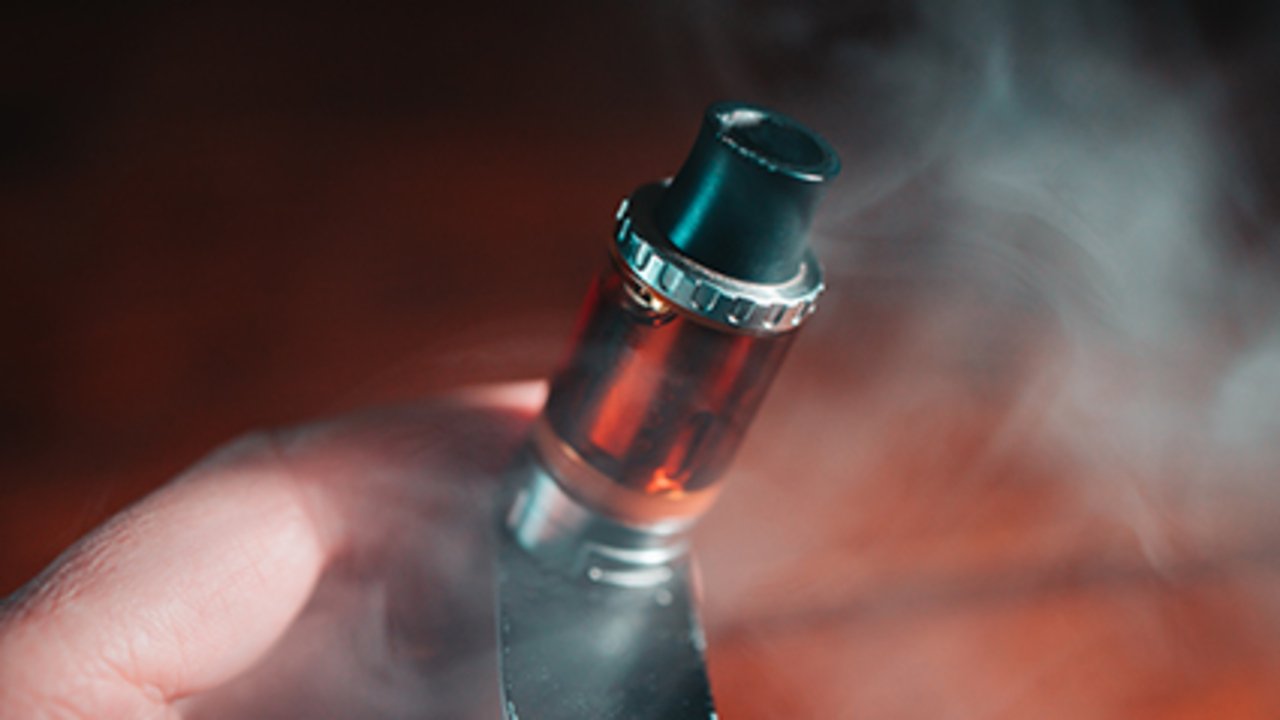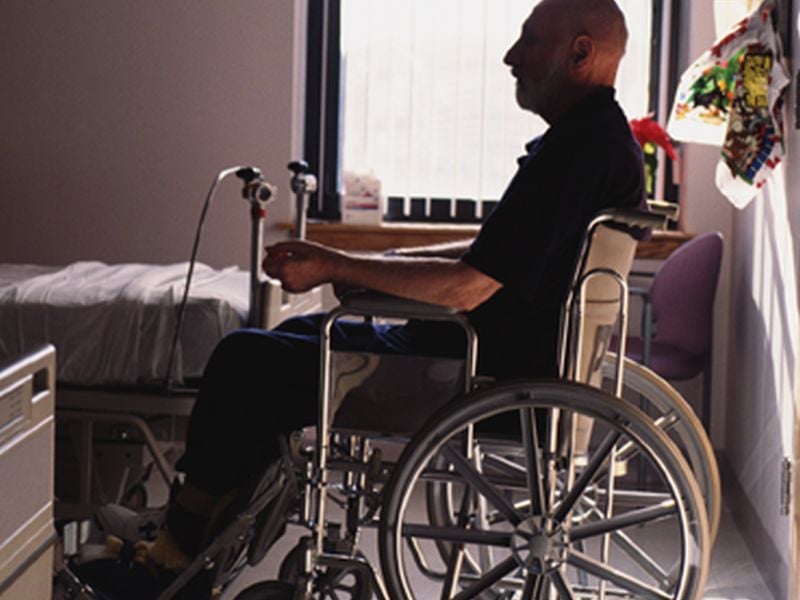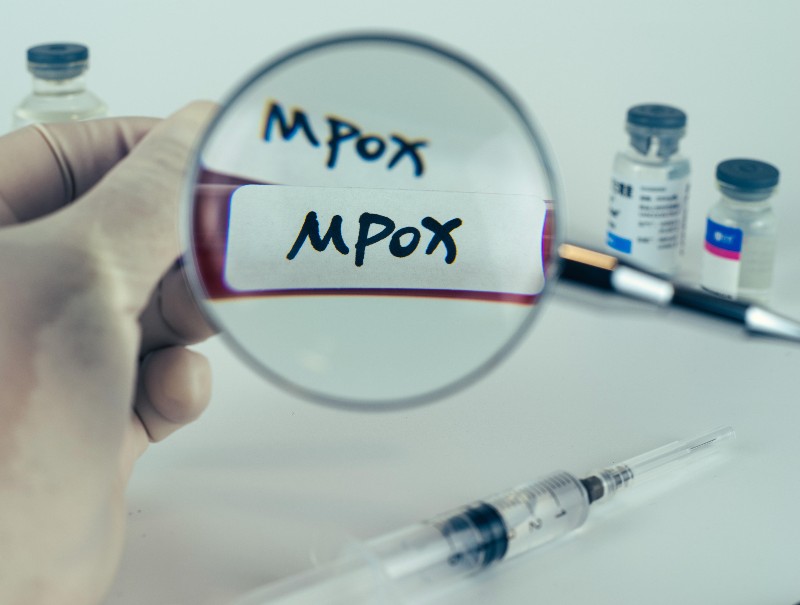
If you suddenly find yourself craving food or drink right before you head to bed, one expert suggests you steer clear of big meals and caffeine. “From a sleep standpoint, you shouldn’t eat a big meal at 8 p.m. if you plan to go to bed at 9 p.m. If you are sensitive to caffeine,… read on > read on >


















